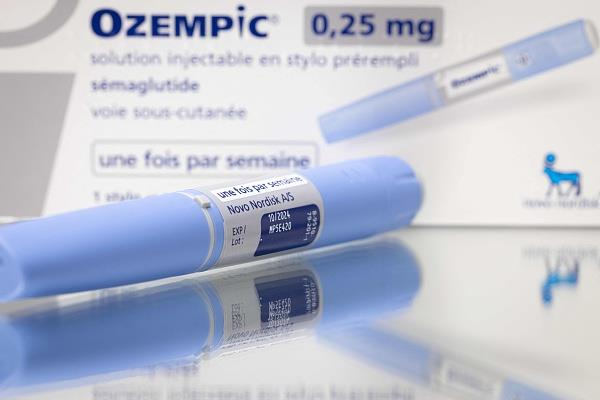Lose muscle? Bounce? GLP-1: It’s not my fault!
No weight loss without rebound
I heard that everyone has been using Dis GLP-1 recently and it will rebound. I just want to ask, what form of weight loss does not rebound after stopping?
Persist in running for 3 months, lose 20 pounds, and then stop running, regardless of whether you shut up, will it rebound?
Dieting for 2 weeks, losing 10 pounds, and then eating back normally, will it rebound?
The main weight loss mechanism of GLP-1 is to suppress appetite. When the medication stops, appetite returns. If not controlled by oneself, of course, it will rebound.
So it’s not GLP-1 that makes people rebound, but without GLP-1, if you don’t work out to maintain it, your weight will naturally return to its previous state.
Besides, their company has already released clinical data on the rebound of GLP-1 after discontinuation, which is not something new: The STEP 1 trial extension trial. Although it has rebounded after stopping medication for a year, it has not returned to its peak weight.
Why does weight loss rebound?
Why did it rebound? Simply put, during weight loss, fat cells only shrink and do not die. When the nutrients come back, the cells will gain weight again like sponges absorbing enough water.
Especially for people who have gained weight before, there are more fat cells than those who have not gained weight. So as long as you gain weight, you have to find ways to control it for a lifetime. This is also why GLP-1 drugs have now been clinically prescribed as indications for children, because it is best not to let children gain weight during the developmental stage, otherwise it is very difficult to control weight for a lifetime.

So, there is no weight loss without rebound Unless during the growth and development stage, never let yourself gain weight. Because of this, GLP-1 drugs may need to be maintained at a low dose over a long period of time, while also being combined with dietary and exercise management. Small molecule oral medication may be more suitable for maintenance therapy.
Why lose muscle?
Losing weight is not because GLP-1 dissolves the muscles, but because they have lost weight. During the process of weight loss, fat and muscle are naturally proportionally reduced and then converted into energy. Even without relying on GLP-1, dieting alone can lead to muscle flow. This is a normal phenomenon. If you only lose fat without losing muscle, it’s actually abnormal.
25% of the weight lost under normal circumstances is muscle.
Under normal circumstances, the muscles of an adult male account for 38% of their body weight. Muscles, like bones, are directly proportional to weight because they require support for bodily movements. If the weight is not as heavy, naturally there is no need for so much muscle.

Imagine: a 200 pound fat guy with a muscle mass of 76 pounds. Assuming he loses 140 pounds, if he doesn’t lose muscle, then his muscle content will be as high as 54%. Isn’t it like becoming a competition level bodybuilder without practicing? But how could there be such a good thing in the world?
Wake up! GLP-1 is a weight loss pill, not a wishing father-in-law! It’s not Santa Claus either!




